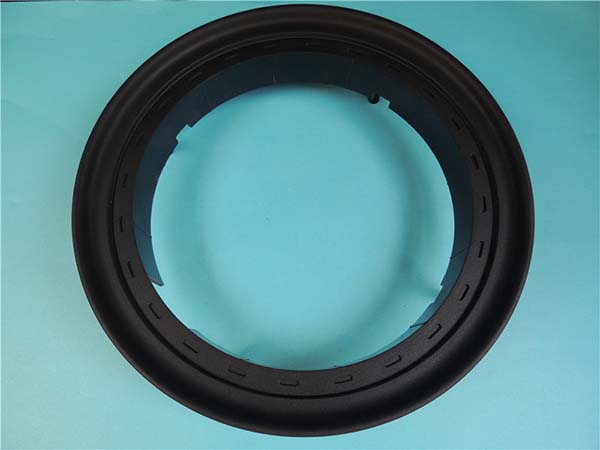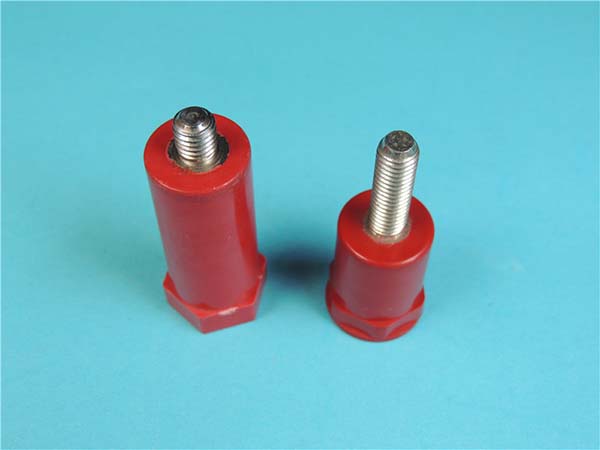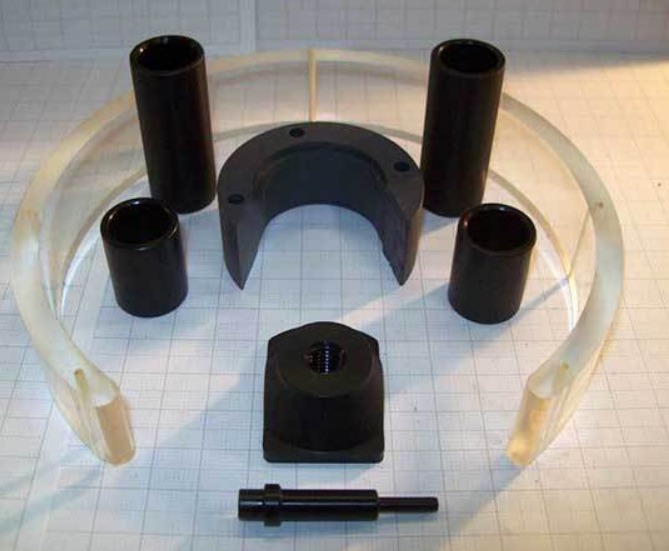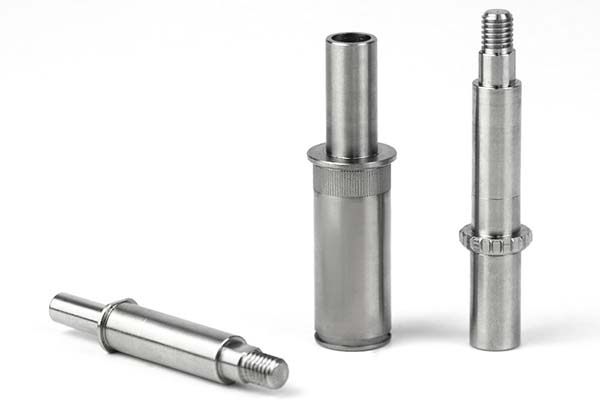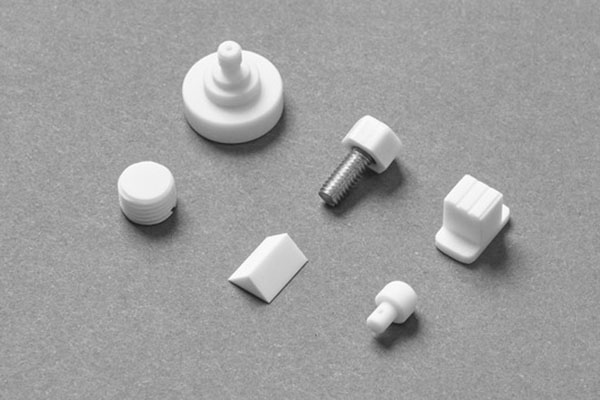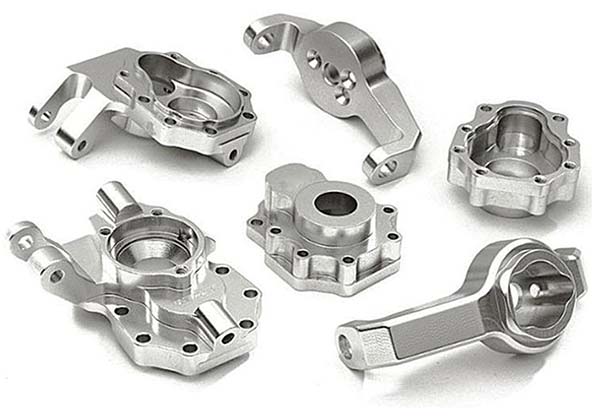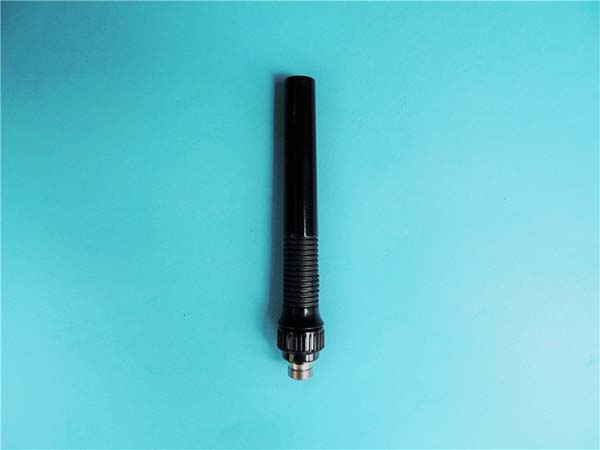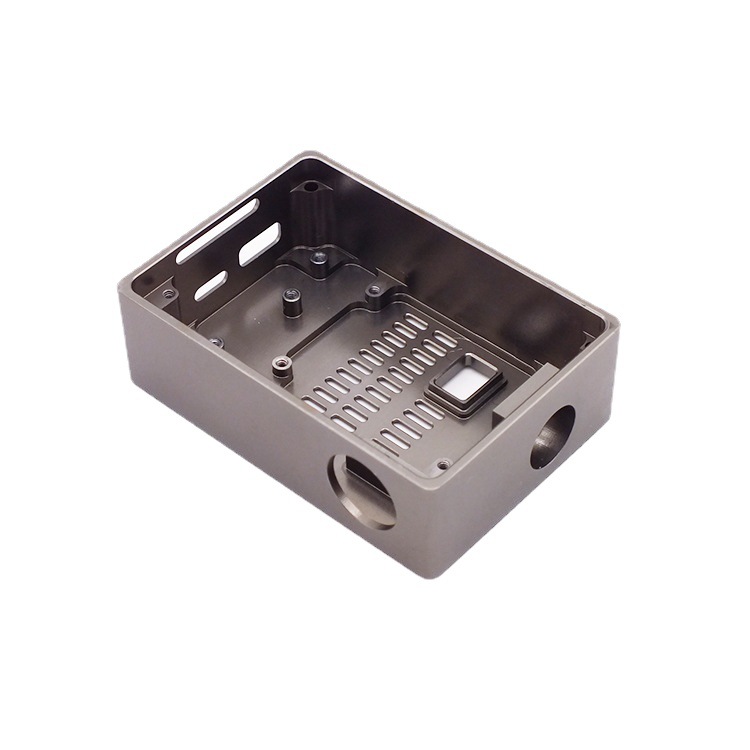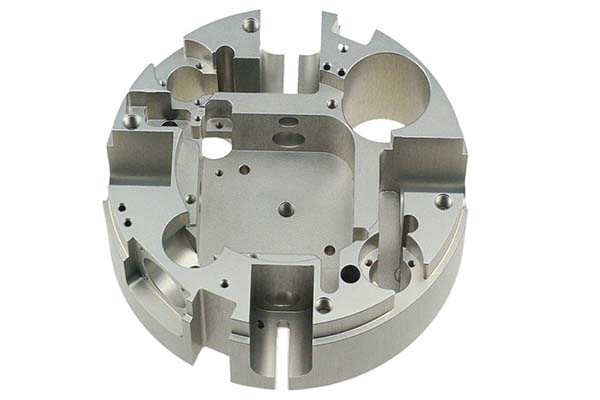CNC machining of Polyphenylene sulfide (PPS) comes with unique challenges that manufacturers often struggle with. PPS’s exceptional mechanical strength and high thermal stability make it ideal for demanding applications, but these properties also make it highly abrasive—leading to rapid tool wear if not addressed with specialized tooling. Additionally, its low machinability compared to other plastics requires precise cutting parameters to avoid surface defects like chipping or cracking. Achieving consistent surface finish and tight tolerances further complicates the process, especially for glass-filled PPS grades. This guide addresses these pain points, offering expert strategies to master CNC machining of PPS.
CNC Machining Basics
Computer Numerical Control (CNC) machining uses CNC machines to automate machining operations with unparalleled precision, making it suitable for processing high-performance materials like PPS. At the core of this process is precision engineering, which relies on CAD/CAM software to design parts and generate toolpaths that guide cutting tools with exceptional accuracy.
Tooling selection is critical for PPS, with carbide and diamond-coated tools being essential to withstand the material’s abrasiveness. Machine setup involves securing the PPS workpiece with rigid fixtures to prevent deflection, while cutting parameters (spindle speed, feed rate, depth of cut) are optimized to balance material removal and tool life. Modern CNC systems can achieve tolerances as tight as ±0.005 mm on PPS, making them suitable for high-precision applications in aerospace and medical industries.
PPS Material Processing
Polyphenylene sulfide (PPS) is a high-performance thermoplastic with properties that make it ideal for extreme environments, though they present unique processing challenges:
- Material properties: PPS has a tensile strength of 60-90 MPa (unfilled) and up to 160 MPa for glass-filled grades, combined with a flexural modulus of 3000-4000 MPa (unfilled) and 10,000-15,000 MPa (glass-filled)—offering exceptional rigidity and mechanical strength.
- Thermal stability: PPS retains its properties at continuous use temperatures of 200-240°C, with a melting point of 280-290°C, making it suitable for high-temperature applications like under-hood automotive parts and industrial ovens.
- Chemical resistance: It is nearly inert to most chemicals, including acids, alkalis, solvents, and fuels—making it ideal for chemical processing equipment and fluid handling components.
- Machinability: PPS has low machinability due to its high crystallinity and abrasiveness, especially glass-filled grades, requiring sharp tools and slow feed rates to avoid damage.
- PPS grades: Unfilled PPS offers better impact resistance, while glass-filled (30-40%) and carbon-filled grades enhance rigidity and thermal conductivity—each requiring tailored machining approaches.
| Property | Unfilled PPS | 40% Glass-Filled PPS | PPS vs. PEEK |
| Tensile Strength | 60-90 MPa | 130-160 MPa | Comparable (90-100 MPa) |
| Continuous Use Temp | 200°C | 240°C | Higher (260°C) |
| Chemical Resistance | Excellent | Excellent | Superior |
| Machinability | Low | Very Low | Lower than PPS |
CNC Machining Techniques for PPS
CNC machining of PPS requires specialized techniques to overcome its low machinability and high abrasiveness:
- Milling: The primary process for PPS, using solid carbide end mills with TiAlN or diamond coatings to resist wear. A spindle speed of 3000-5000 RPM and feed rate of 0.05-0.1 mm/tooth balances material removal and tool life. For glass-filled PPS, a depth of cut of 0.5-1 mm per pass minimizes tool stress.
- Turning: Used for cylindrical PPS parts like bushings or shafts, with carbide inserts (grade C2 or C3) to withstand abrasion. Slow feed rates (0.08-0.12 mm/rev) and moderate spindle speeds (1500-2500 RPM) prevent chipping.
- Drilling: Requires carbide drills with a 135° point angle and polished flutes to reduce friction. Peck drilling (intermittent retraction) clears chips and reduces heat buildup, critical for preventing tool wear.
- Cutting tools for PPS: Diamond-coated carbide tools are ideal for glass-filled PPS, extending tool life by 3-5 times compared to uncoated carbide. Ceramic tools are an option for high-speed machining but are more brittle and prone to chipping.
- Coolant usage: A water-soluble coolant (5-10% concentration) is recommended to dissipate heat and flush away abrasive chips, reducing tool wear and improving surface finish. Air cooling is less effective but can be used for dry machining setups.
- Precision cutting: Achieving tight tolerances (±0.01-0.02 mm) requires rigid machine setups, in-process measurement, and tool compensation to account for wear—especially critical for aerospace and medical components.
Applications of CNC Machined PPS
CNC machined PPS parts are valued across industries for their ability to withstand extreme conditions:
- Automotive parts: Engine sensors, fuel system components, and exhaust manifolds leverage PPS’s thermal stability and resistance to oils and fuels.
- Aerospace components: Electrical connectors, valve bodies, and structural parts use PPS’s lightweight and ability to withstand high temperatures and harsh chemicals.
- Industrial machinery: Bearings, gears, and pump components benefit from PPS’s mechanical strength and low friction, even in high-temperature environments.
- Electrical insulators: PPS’s excellent electrical insulation properties make it ideal for circuit board components, transformer parts, and high-voltage insulators.
- Chemical processing equipment: Valves, fittings, and reaction vessel liners use PPS’s chemical resistance to withstand corrosive substances.
- Medical devices: Sterilization trays, surgical instrument handles, and diagnostic equipment parts leverage PPS’s biocompatibility and ability to withstand autoclaving.
- High-temperature applications: Oven components, turbine parts, and heat shields rely on PPS’s ability to maintain properties at temperatures up to 240°C.
- Customized components: PPS’s versatility makes it suitable for customized components like specialized gaskets, seals, and tooling for niche industrial applications.
Yigu Technology's Perspective
Yigu Technology specializes in CNC machining PPS, with expertise in handling both unfilled and reinforced grades. We use diamond-coated carbide tools and optimized cutting parameters to minimize tool wear and achieve consistent surface finish. Our rigid machine setups and in-process inspection ensure tight tolerances, critical for aerospace and medical applications. We also offer post-machining treatments like annealing to relieve stresses in glass-filled PPS, reducing post-machining warping. Whether producing high-temperature automotive parts or chemical-resistant industrial components, we balance precision and efficiency to maximize PPS’s performance, delivering parts that meet the strictest industry standards.
FAQ
- Why is tool wear more significant when machining PPS compared to other plastics?
PPS is highly abrasive, especially glass-filled grades, due to its high crystallinity and hard filler particles. This abrasiveness accelerates wear on cutting tools, making specialized coatings (TiAlN, diamond) and carbide materials essential to extend tool life.
- What cutting parameters are best for achieving a smooth surface finish on PPS?
A spindle speed of 3000-5000 RPM, feed rate of 0.05-0.1 mm/tooth, and depth of cut of 0.5-1 mm work best. Using coolant and sharp diamond-coated tools further enhances surface finish, reducing roughness to Ra 0.8-1.2 μm.
- Can PPS be machined to the same tolerances as metals?
Yes, PPS can be machined to tolerances of ±0.01-0.02 mm with rigid setups and precise tooling, comparable to many metals. However, its thermal expansion (45-55 μm/m·K) requires temperature-controlled environments during machining and inspection to maintain accuracy.
